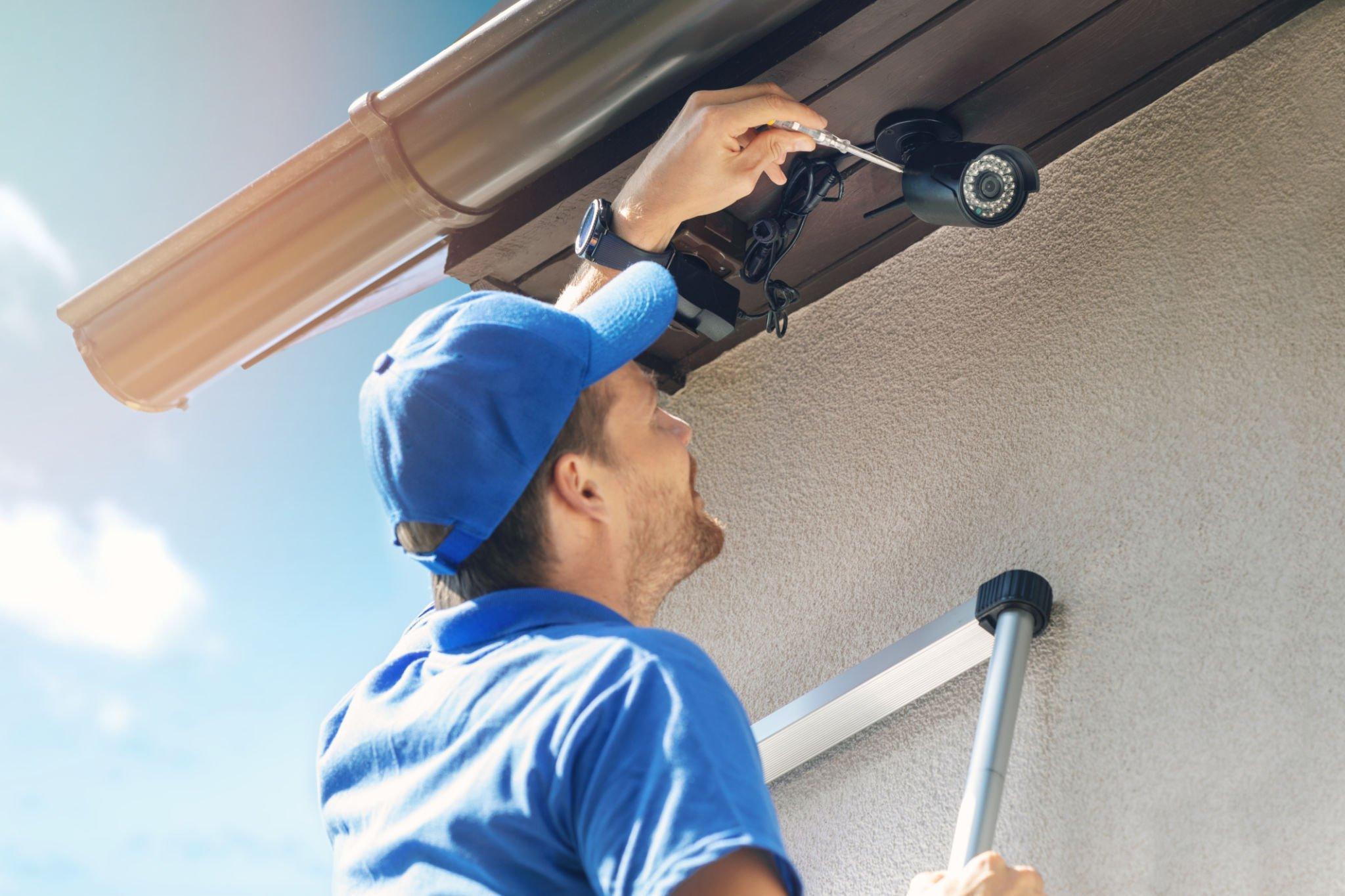
What are The Legalities of Installing Security Cameras in Brampton?
Security camera installation provides peace of mind, protects your property and valuables and helps deter crime. While camera installation in Brampton has numerous benefits, respecting privacy rights and adhering to local regulations is crucial. This article will explore the legalities of Security Camera Installation in Brampton, shedding light on legal and illegal surveillance.
Installing security cameras without knowledge of the legalities can lead to potential legal implications. Thus, it is important to understand the regulations governing surveillance in Brampton to ensure businesses operate within the confines of the law. Additionally, residents can protect their own privacy and respect the rights of others by being aware of the rules and laws.
Let’s delve into the rights and the legal intricacies of security camera installation in Brampton:
Privacy Laws in Brampton
In Brampton, the Personal Information Protection and Electronic Documents Act(PIPEDA) is the main federal law that governs the collection, use, and disclosure of personal information. It is important to note that video recordings captured by surveillance cameras may be considered personal information if they capture identifiable individuals.
Under PIPEDA, organizations are required to get an individual’s consent before collecting, using or disclosing their personal information. This means that to install security cameras in public or private areas, a company or individual must inform individuals of the purpose of the camera and get their permission to be recorded.
In addition to PIPEDA federal privacy law, Brampton has specific regulations for installing and using security cameras. Overall, organizations and individuals must follow privacy laws and regulations, ensuring that surveillance is conducted in an ethical and responsible manner. They include guidelines on camera placement, notification signage, and storage and retention of recorded footage.
Workplace Surveillance
When it comes to workplace surveillance, employers have the right to install security cameras in certain areas for legitimate reasons, such as ensuring the safety and security of employees, preventing theft and protecting company property and assets. However, there has been controversy around the use of security cameras in the workplace. Some contend that it violates employee’s privacy and creates an environment of mistrust and anxiety. Some contend that it is required for safety and security concerns.
In 2020, new guidelines for workplace surveillance were announced by the Office of the Privacy Commissioner of Canada, with a focus on responsibility and transparency. The guidelines recommend that employers inform employees about the presence of surveillance cameras, the purpose of the surveillance, the types of data collected, and how it will be used.
Residential Surveillance
In residential areas, homeowners have the right to install security cameras on their property for personal security purposes. However, they must ensure that the cameras do not infringe upon the privacy of neighbouring properties or passersby, such as positioning cameras to avoid capturing images of neighbouring properties. Also, make sure the camera doesn’t take pictures of streets or sidewalks without the permission of those being recorded.
Public Surveillance
In Brampton, Public surveillance is becoming increasingly common, particularly in high-traffic areas and transportation hubs. Security Camera Installation in Brampton plays a crucial role in deterring crime, providing evidence and ensuring public safety. However, it is important to strike a balance between security and individual privacy rights. Public surveillance cameras should be used judiciously and with respect for privacy rights. They should not be placed in areas where individuals have a reasonable expectation of privacy, such as changing rooms or private residences.
Concern over the use of facial recognition technology in public surveillance has grown in recent years. Some cities, like San Fransisco, have banned the use of face recognition technology by government organizations and law enforcement.
What Areas Cannot be Surveyed by CCTV Cameras?
While security cameras can be used for lawful surveillance, there are areas where their installation is strictly prohibited. This includes:
-
Private property where individuals have a reasonable expectation of privacy, such as inside residences and hotel rooms.
-
Sensitive areas like washrooms, locker rooms, and dressing rooms are also a concern because they directly violate privacy.
-
Certain workplace areas like restrooms and changing rooms.
-
Public spaces where individuals may not expect to be under constant surveillance, such as parks or recreational areas.
Can You Sue Someone for Recording You Without Permission?
According to government sources, “184 (1) Everyone who, by means of any electro-magnetic, acoustic, mechanical or another device, wilfully intercepts a private communication is guilty of an indictable offence and liable to imprisonment for a term not exceeding five years.” (Criminal Code 2004)
The legality of recording someone without their permission can vary based on the circumstances and the jurisdiction. People generally have a legitimate expectation of privacy in some contexts, and recording without permission is regarded as a violation of privacy rights. It is advisable to seek legal advice to understand your specific laws and rights if you find that your privacy has been violated through unauthorized recordings.
Best Practices for Security Camera Installation in Brampton
When installing security cameras in Brampton, it is essential to follow best practices to ensure compliance with legal requirements and protect privacy rights. Some key recommendations include:
-
Install cameras in areas where individuals have a reduced expectation of privacy, such as entrances, parking areas, and hallways.
-
Place notification signage informing people of the presence of security cameras.
-
Avoid positioning cameras in areas where private spaces may be unintentionally captured, such as windows of neighbouring properties.
-
Regularly review and securely store recorded footage in accordance with local laws and regulations.
-
Stay updated on legal developments and changes in privacy regulations to ensure ongoing compliance.
Conclusion
Understanding the legalities of security camera installation in Brampton is crucial to preserving privacy rights while maintaining a safe and secure environment. Residents and companies can utilize security cameras properly, balancing security and privacy, by following specific regulations and best practices. It is important to always stay informed and respect the rights of others when using surveillance technology. Responsible and ethical use of security cameras ensures a safer community for everyone in Brampton.
Read More: 7 Essential Tips for Foolproof Security Camera Installation in Brampton



